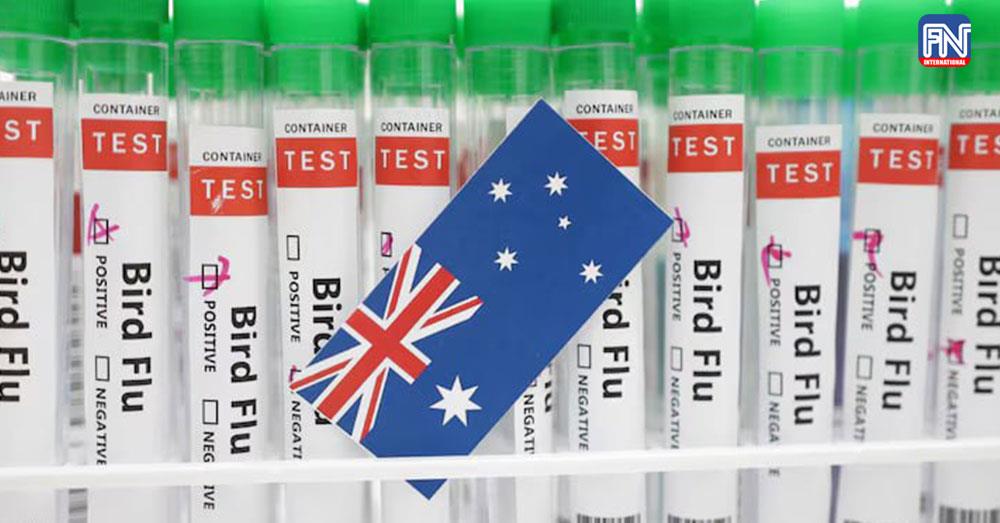CANBERRA/WELLINGTON, Oct 9 (Reuters) - Australia and New Zealand are bracing for the arrival of a destructive bird flu strain by tightening biosecurity at farms, testing shore birds for disease, vaccinating vulnerable species and war-gaming response plans.
Oceania is the last region of the world free of the H5N1 clade 2.3.4.4b avian influenza that has killed hundreds of millions of birds and tens of thousands of mammals since appearing in Asia, Europe and Africa in 2020, littering beaches with corpses and upending the agricultural industry.
While the region is somewhat protected by its geography - it is off the migration routes of big birds such as geese that spread infection - the virus is close, having reached Indonesia in 2022 and Antarctica last year.
Scientists and officials say there is a higher risk, particularly in Australia, of it arriving with smaller migratory shore birds during the Southern Hemisphere springtime months from September to November.
"It is clearly a threat to our country's ecosystems," said Fiona Fraser, Threatened Species Commissioner at Australia's environment ministry.
"Many of our species are found nowhere else in the world," she said. "Vulnerable species may face long-term population setbacks and heightened risk of extinction."
Officials fear mass deaths from the avian flu and even the near-extinctions of species including endangered sea lions, black swans and many types of seabird, and the loss of millions of farmed poultry.
Over 100 million chickens and turkeys have died or been culled in the United States alone from this H5N1 strain, causing economic losses of up to $3 billion by the end of last year, according to the Council of Foreign Relations, a U.S. think tank.
The virus killed around 50,000 seals and sea lions and more than half a million wild birds as it moved through South America beginning in 2022.
It has also infected cattle in the United States and, in rare cases, people. Health officials say the risk to humans is low.
New Zealand is also unlikely to avoid the virus long-term, said Mary van Andel, chief veterinary officer for the country's Ministry of Primary Industries.
"Geographic isolation has protected us from HPAI (high pathogenicity avian influenza) in the past, but we can't rely on it forever," she said.

Photo from Reuters




